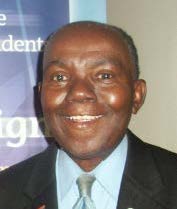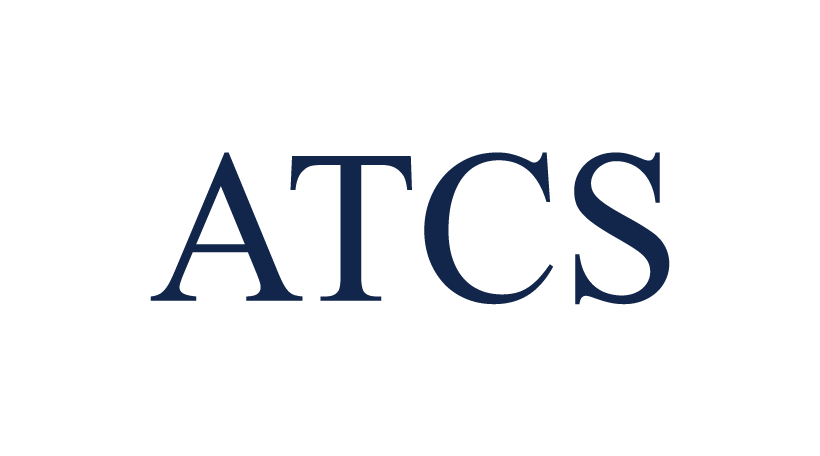Robert E. Efimba Sc.D, P.E., M.ASCE, NCS Past President, Region 2 Governor
 It is a pleasure to recognize our friend and NCS member Robert E. Efimba, Sc.D., P.E., M.ASCE, NCS Past President (1982–83), Region 2 Governor (2011–2014), as the Engineer of the Month for November 2015. Dr. Efimba is an Associate Professor of Civil and Environmental Engineering at Howard University, specializing in structural engineering, mechanics, and design. Having received four degrees from MIT, he joined the Howard University civil engineering faculty in 1975, and became an Associate Professor in 1982.
It is a pleasure to recognize our friend and NCS member Robert E. Efimba, Sc.D., P.E., M.ASCE, NCS Past President (1982–83), Region 2 Governor (2011–2014), as the Engineer of the Month for November 2015. Dr. Efimba is an Associate Professor of Civil and Environmental Engineering at Howard University, specializing in structural engineering, mechanics, and design. Having received four degrees from MIT, he joined the Howard University civil engineering faculty in 1975, and became an Associate Professor in 1982.
Born in Republic of Cameroon in Africa, Dr. Efimba worked as an engineer in the Department of Public Works and then lectured at the University of Nigeria. Always oriented toward public service and the common good, he chose civil engineering as his profession. As a member of our Section, he made sure that his students were aware of our Society and attended the meetings. Probably nothing more clearly reflects Dr. Efimba’s interest in teaching than his ongoing activities with the Honor Engineering Society Tau Beta Pi. In 2010, he was named the National Outstanding Advisor, “for his dedication to the enhancement of the Association at the local and national levels, his personality and commitment to inspiring excellence, and an ability to steer students toward success.” Dr. Efimba’s enthusiasm for service continues this year with his engagement in distressed Haiti and assistance to foreign engineering students from the Brazil Science Mobility Program. We salute Robert E. Efimba, P.E. as our Engineer of the Month, as we interview him on his commitment to engineering, teaching, and helping others.
What do you consider your major achievement(s) in our section area?
In the nearly forty years that I have enjoyed membership in the ASCE NCS, I have been honored many times by ASCE, the Section, and other professional societies, and by my own students and colleagues on the faculty at Howard University, and in the local and national engineering communities.
However, I consider my major achievement to be the promotion of collegiality and professionalism among students and colleagues and other professional contacts, and encouragement of scholarship at all levels in the National Capital Region (NCR), starting from middle school, through high school, college, and graduate school, all the way to the doctorate.
The DCCEAS College Student Paper Competition that we inaugurated in 1997 as an expansion of an existing competition of a member Society is one of our proudest contributions for scholarship in the NCR. I am also especially proud of the many former students and colleagues whom we have recommended and have received licenses to practice engineering, attended graduate school, or received prestigious scholarships, fellowships, or major national and international awards and recognition, or just advanced in the profession.
Why did you decide on a career in civil engineering?
When I was growing up in my village in Dienyi in Mbonge tribe of the Southwest Province of Cameroon, I was fascinated with dams built by our village fishermen and women, and especially by suspension bridges that were built with cane and other forest vines. When I went to visit an aunt in Bonduma, near Buea, capital of the Southwest Province, I would use materials discarded by road crews to pave the path from the main road to our house. All around me, I saw a dire need for houses, roads, water supply, and other systems that we now know to comprise the infrastructure. I immediately developed an interest in civil engineering that grew when I went to high schools in neighboring Nigeria.
When I arrived at MIT as a freshman, I already knew that I wanted to be a civil engineer, and did not have to wait two years to decide on my major. I was so focused that I was able to complete the four-year degree program in three years, and went on to obtain three more degrees in civil engineering at MIT.
What do you consider the best guidance to young people for a future career in civil engineering?
I challenge students to look around them to see the very important role that civil engineers play in their daily lives and in the lives of other people, and that may motivate them to pursue studies to become civil engineers, or to grow as civil engineers to continue to impact the daily lives of other people. For those already studying civil engineering, strive to be the best that you can be, and work towards attaining professional licensure to practice and or teach and do research in civil engineering.
What do you consider a major challenge to a career in civil engineering?
Eroding emphasis on fundamental prerequisite knowledge, and overreliance on electronic tools that are used as a crutch, rather than as an aid, could lead to civil engineers who are not well trained to practice under any circumstances. We should continue to create great civil engineering works, but we must also find a way to serve the many peoples of the world who live in abject poverty and in great need of even the most basic infrastructure components.







